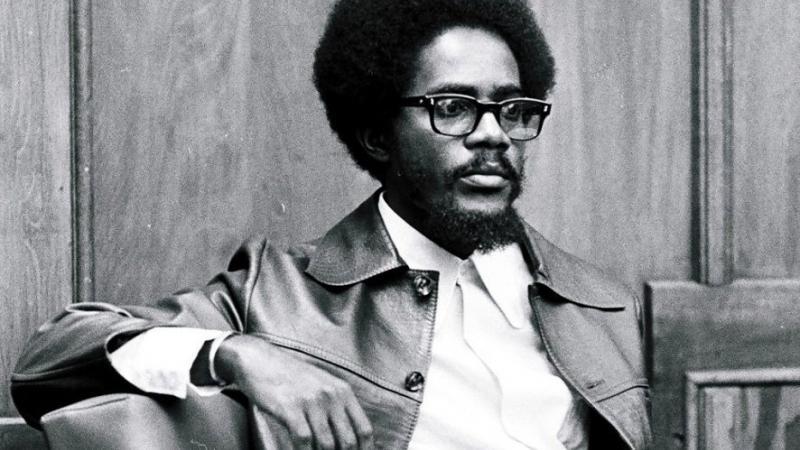7.5-magnitude earthquake shakes north Peru
A 7.5-magnitude earthquake struck northern Peru on Sunday, destroying buildings including a church tower, injuring at least 10 people and sending shock waves across the region.
The strong quake hit at 5:52 am (1052 GMT) at a depth of 131 kilometers (81 miles), according to the Geophysical Institute of Peru.
Civil Defense authorities said at least 10 people were injured, while several houses were destroyed.
The quake also caused damage in neighboring Ecuador.
The epicenter was 98 kilometers east of the small Peruvian town of Santa Maria de Nieva in the Peruvian Amazon — a sparsely populated area inhabited by Amazonian indigenous people.
"The movement has been immense," the town's mayor, Hector Requejo, told RPP radio. He said some wood and adobe houses had collapsed.
The 14-meter (45-foot) tower of a colonial-era church collapsed in the La Jalca district, also in the Amazon.
Widespread power outages were reported.
The deep quake was felt in almost half of the country, including coastal and Andean regions, and the capital Lima.
Video: Japan falls silent to mark decade since tsunami disaster
"We have all taken to the streets, we are very scared," a listener called Lucia told RPP radio from the northern town of Chota.
"All my solidarity with the people of Amazonas in the face of the strong earthquake," Peruvian President Pedro Castillo said on Twitter. "You are not alone, brothers."
He said he had ordered all relevant ministries "to take immediate actions."
In Lima, more than 1,000 kilometers south of the epicenter, the tremor was felt with less intensity but lasted long enough to prompt some people to take to the streets.
No tsunami warning was issued by US monitors after the quake.
The Peruvian capital, with a population of 10 million, had been shaken hours before by a 5.2 magnitude earthquake.
There were no casualties after the first quake, which had its epicenter west of Callao, Lima's neighboring port.
Peru is shaken by at least 400 perceptible earthquakes every year, as it is located in the so-called Pacific Ring of Fire — an area of extensive seismic activity that extends along the west coast of the American continent.
A powerful 7.9-magnitude earthquake on August 15, 2007, struck Peru's central coast, causing more than 500 deaths.
bur-dva/bbk/bgs

























